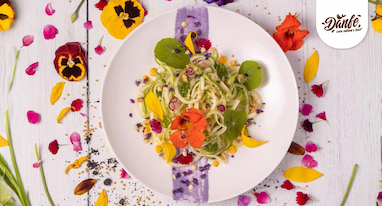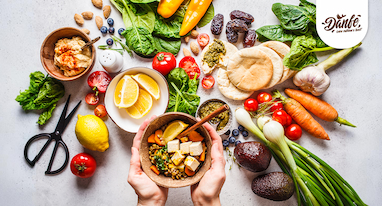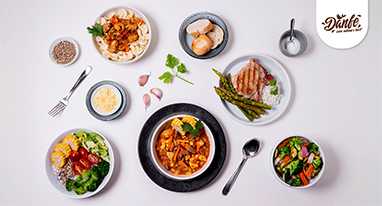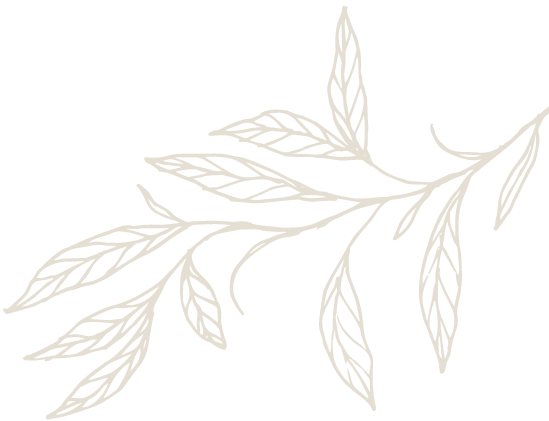Lentils: Types, Nutrition and Health Benefits
BY DANFE |
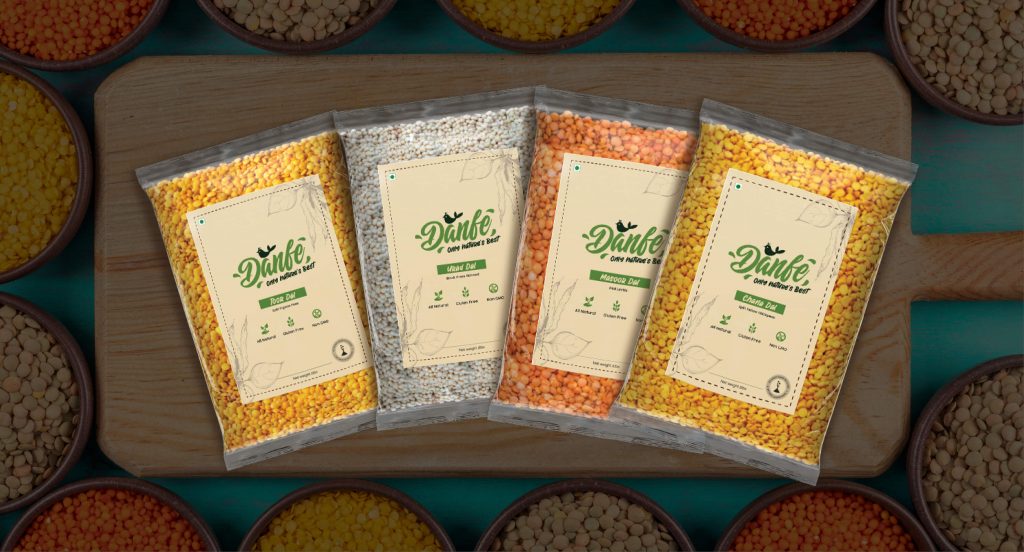
An authentic Indian meal is rarely ever complete without lentils – also known as dal. In fact, India’s love story with lentils can be dated back to the ancient civilization times when dals were a staple in a vegetarian diet. Consumption of dals has since evolved with different types of lentils being used for diverse purposes to create a variety of tastes and palettes.
Every region of India and every Indian kitchen has its own way of preparing these lentils. In South Indian households, toor dal and urad dal are widely used for making rasam and sambhar, while in Gujarathi households, the same lentil is used to make the famous Khatti Meethi dal. The beauty of these lentils is that you can make at least 5 different recipes using just one type of lentil. Their versatility, however, extends beyond just their uses in recipes – they are also packed with nutrients and health benefits.
Now, let us take a deeper look into the different types of lentils and the benefits they offer to our health.
Table of Contents:
1. Urad Dal
2. Toor Dal
3. Masoor Dal
4. Chana Dal
5. Moong Dal
6. Green Vatana
Urad Dal
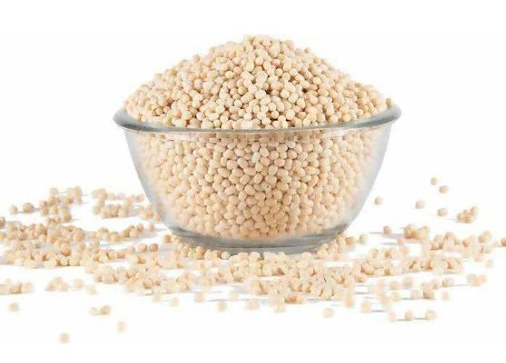
Urad Dal, also known as black gram is a highly treasured lentil in India. It’s usually called black gram when it’s whole, and white gram when it’s skinned and split. Black Urad Dal is the star ingredient of the famous Dal Makhani while White Urad Dal is widely used to make dosas, vada, papad, idly, and South Indian rice pudding.
Urad Dal is also used in many ayurvedic medicines given its rich nutritional content and remarkable health benefits. This highly nutritious lentil is an excellent source of vitamins, minerals, protein, and fiber that are known to help strengthen the nervous system, reduce pain and inflammation, and build immunity.
Toor Dal
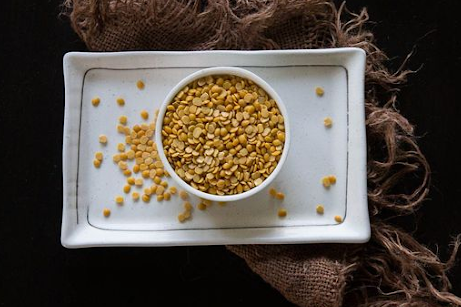
Known as the Queen of Grains, Toor Dal is the most popular lentil that is now consumed worldwide – in fact, an estimated 4.3 pounds of Toor Dal is produced every year worldwide. It is also widely known as arhar dal, pigeon pea, and congo pea. In Indian cuisine, Toor Dal is used for preparing hearty dishes like dal and sambhar while in other parts of the world, it’s cooked along with cereal, used in salad, or ground in flour.
Toor Dal is an incredible source of fiber, protein, minerals, magnesium, phosphorus, and B vitamins that are known to support digestive health, boost immunity, manage diabetes, and build strong bones. Being a rich source of folic acid, this highly nutritious lentil is extremely beneficial for pregnant women and helps prevent neural tube birth defects.
Masoor Dal
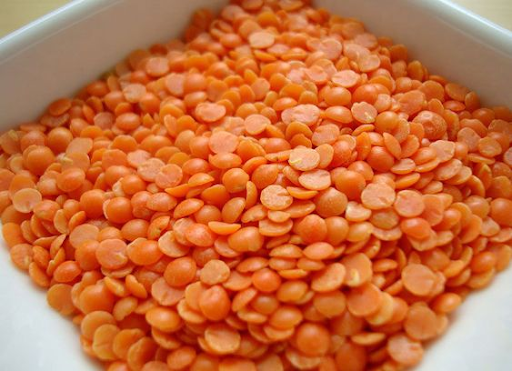
Also known as red lentils, Masoor Dal is a global pulse that is a powerhouse of nutrients. It is really simple to cook and can be used to make falafels, stews, or as an addition to vegetables.
Being abundant in nutrients, Masoor Dal is a staple in vegetarian diets. It is an excellent source of antioxidants, vitamins, minerals, iron, zinc, and dietary fiber that are known to lower cholesterol, reduce cell damage, maintain healthy vision, help oxygenate the blood, support heart health and boost immunity.
Chana Dal
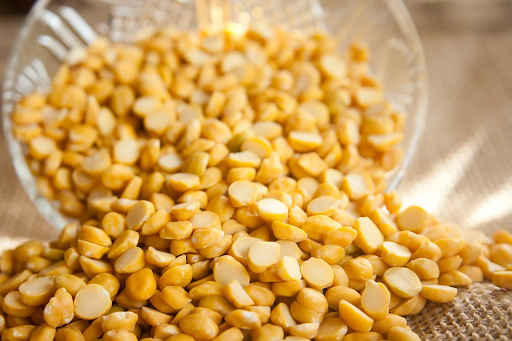
One of the world’s first cultivated legumes, Chana Dal, also known as Bengal gram is a staple in every Indian household. Due to its aroma and taste, this versatile lentil is used to make both sweet and savory dishes such as ladoos, chutneys, curries, and dals. For some recipes, it can even be used as a thickening agent.
Chana Dal is enriched with essential proteins, antioxidants, minerals, and magnesium that are known to aid weight loss, support heart health, and provide energy. One cup of chana dal is known to provide 33% of daily protein and 54% of daily fiber – making it an easy and affordable way to get balanced nutrition. Chana Dal is considered a superfood for pregnant women and people with diabetes. Having a low glycemic index and being rich in folic acid, it helps prevent defects in the baby’s spinal cord and brain as well as lowering cholesterol and blood pressure levels.
Moong Dal
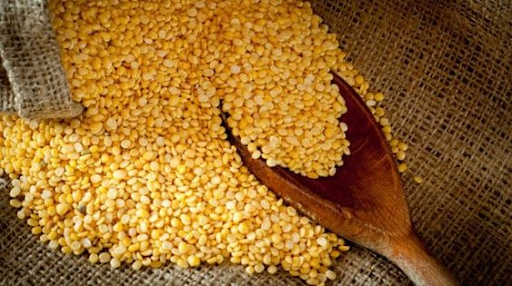
Being one of the most versatile pulses, Moong Dal can be used to make a variety of sweet and savory dishes. It’s used to make dal, halwa, soups, and even relished as a snack. A defining quality of this versatile lentil is the fact that it is extremely lightweight and easily digestible.
Moong Dal is a wonderful source of protein, fiber, vitamins, calcium, and minerals that are known to help maintain healthy brain function, improve digestion, reduce blood pressure and cholesterol levels. Due to its flexibility and nutritional content, incorporating moong dal in your everyday diet is an extremely easy way to make your meals more wholesome.
Green Vatana
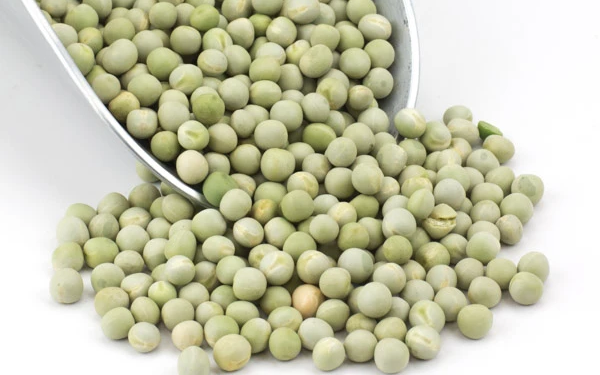
A truly cherished lentil in India since prehistoric times, Green Vatana or Dried Green Peas is a staple in every Indian pantry. Interestingly, people only consumed green peas in its dried state – it wasn’t until the 16th century when fresh green peas began to gain popularity. The reason for its popularity is due to its year-round availability and long shelf life as opposed to fresh green peas. This small legume is used to make dal, soups, snacks, and delicious curries.
Small but mighty, this highly nutritious legume is an excellent source of fiber, B-vitamins, five important minerals, phytonutrients, and protein that are known to lower cholesterol, stabilize blood sugar, support digestive health, and reduce the risk of certain health conditions.
By now, you’re aware of the health benefits that lentils provide for your overall health. Therefore, consuming lentils is an excellent way to ensure balanced nutrition – especially for vegetarians and vegans since lentils are an excellent source of plant-based protein. These nutritious legumes are even more powerful when they’re not tampered with by chemicals or preservatives. Danfe Foods offers a range of lentils including Toor Dal (Unpolished and Polished), Masoor Dal, Urad Dal Whole, and Chana Dal that are 100% natural, free from GMOs and pesticides, and gluten-free. So to get all the goodness you need, choose from our 100% pure and natural range of lentils!

